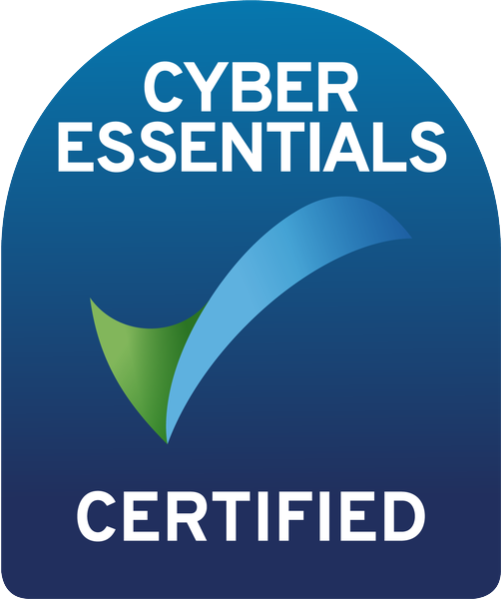Published by


If you are about to embark on your job hunt, then you are going to need a CV. In basic terms a CV is a summary of your education, skills and experience. The type of CV you have is likely to be influenced by the job role and industry you work in – however – as a rule, we would always recommend keeping your CV as concise as possible while also ensuring you are highlighting all relevant information.
1. Personal Details:
It may sound obvious, but make sure your name, telephone number and email address are clearly presented at the top of your CV.
2. Personal Statement:
You may or may not feel you need a personal statement on your CV but if you are a graduate or looking to move into a different industry or role it really can help you sell yourself and stand out from the crowd. Aim to show why you’re suitable for the role in one short and succinct paragraph. We would also suggest tailoring this for individual job roles if you can.
3. Achievements:
This is another optional section, but it can give you the opportunity to highlight relevant achievements from both your work and personal life that you are proud of. This can also provide an opportunity to really sell yourself!
4. Key Skills:
You may also want to include a skills list or table detailing technologies, methodologies, or processes that you have experience in. This can help recruiters see, at first glance, that you are a good match for the role you have applied for.
5. Academic and Professional Qualifications:
Your qualifications should be listed along with dates and the grade you achieved (if relevant) – although the specific parts of education that you include in your CV will depend on your individual situation. If you have more educational achievements than work experience, placing an emphasis on this section is a good idea.
6. Work Experience:
This section should include your relevant employment history, listed with the most recent job role first. Include your job titles, dates of employment, the name of the companies you have worked for and your key responsibilities.
7. References:
Do not include details of your referees on your CV – however – do always finish with a note to say references are available on request.
8. Formatting:
Finally, ensure your CV is laid out clearly and professionally. Do not use fancy fonts or make the text too big or too small. Save your CV as either a Word or PDF doc.



 Back to Resource Centre
Back to Resource Centre







